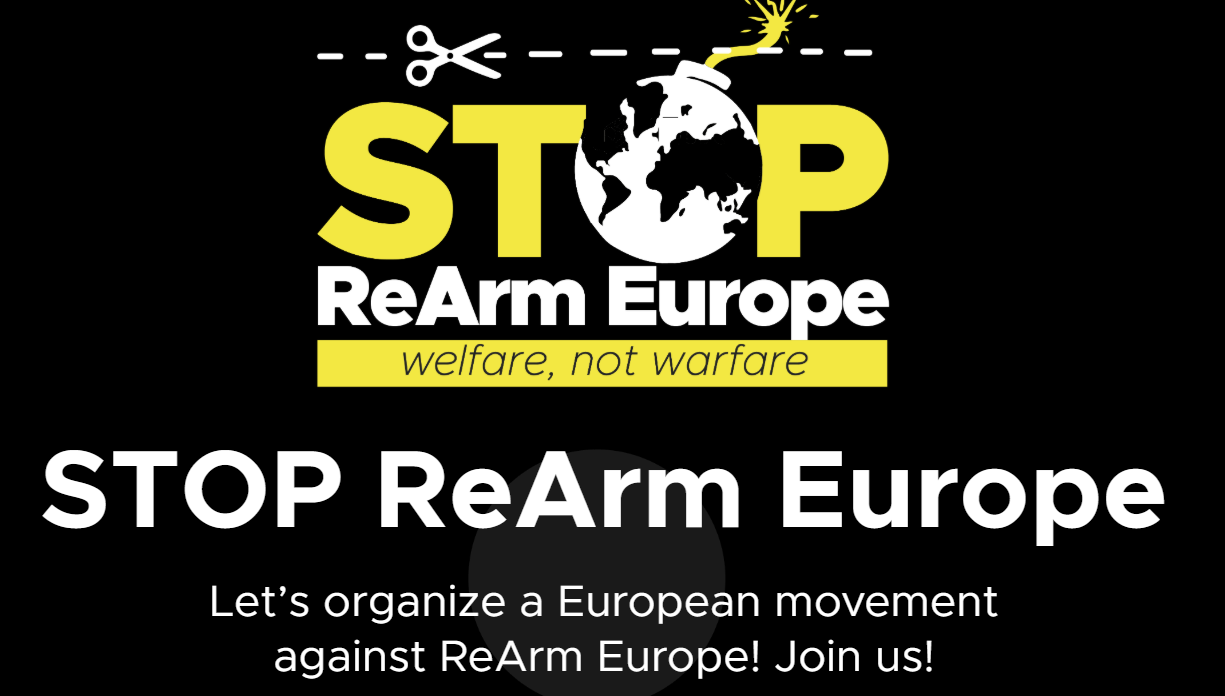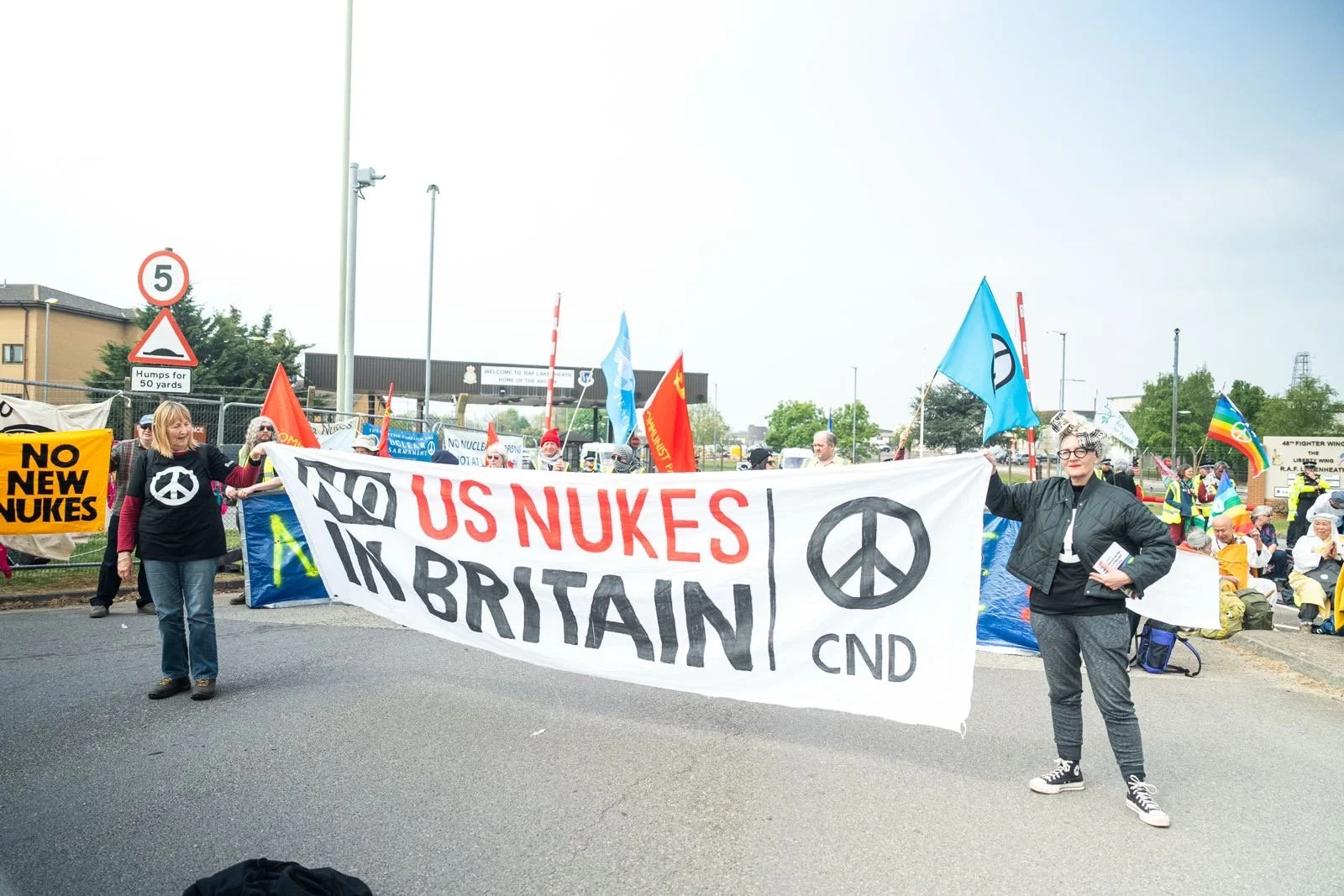Plenary 1 focused on the shape of things to come. Costa Rica Ambassador Jose Enrique Castillo Barrantes said that 2018 commemorates 70 years of his country abolishing its army. Costa Rica has played a vital role in the UN treaty negotiations, but the Ambassador warned that turning the treaty into an actual global ban would be a long-term fight. He called for strategies to counteract media bias; for attention to be paid to education at all levels, including phasing out toys for children that glorify weapons and violence; and to generate a cultural transformation to a consensus and ideology for peace and disarmament.
Jim Hoare is a UK diplomat who established the British Embassy in North Korea. He is also a historian, writer and broadcaster, who has lived in North and South Korea, Japan and China, singling out North Korea as the most militaristic government of all governments. Despite much posturing, his feeling was that Trump and his hawkish advisers may use diplomacy and not strike North Korea, partly because of massive disruption to international trade and because unless that country is actually wiped out, Trump’s so-called problem is not solved. North Korea is exceedingly difficult to target: it has underground airfields, weapons and ammunition, and the ability to move its war machine around underground easily and invisibly. In addition, if he made a strike, Trump would also hit an estimated 20,000 American service personnel based in South Korea, their families and associated support staff.
Catherine West, Labour MP for Hornsey and Wood Green, wants to see cross-party censure against Trump, who is seemingly not being reined in by his advisers. She expressed particular concern over the leaked nuclear weapons review, in which the USA plans to expand the circumstances in which it would use nuclear weapons against a non-nuclear state.
Panel discussion points concluded that Trump can’t be trusted to act with the degree of restraint we would expect from a US president, and that he is “living in the superficial now” without any historical perspective.










